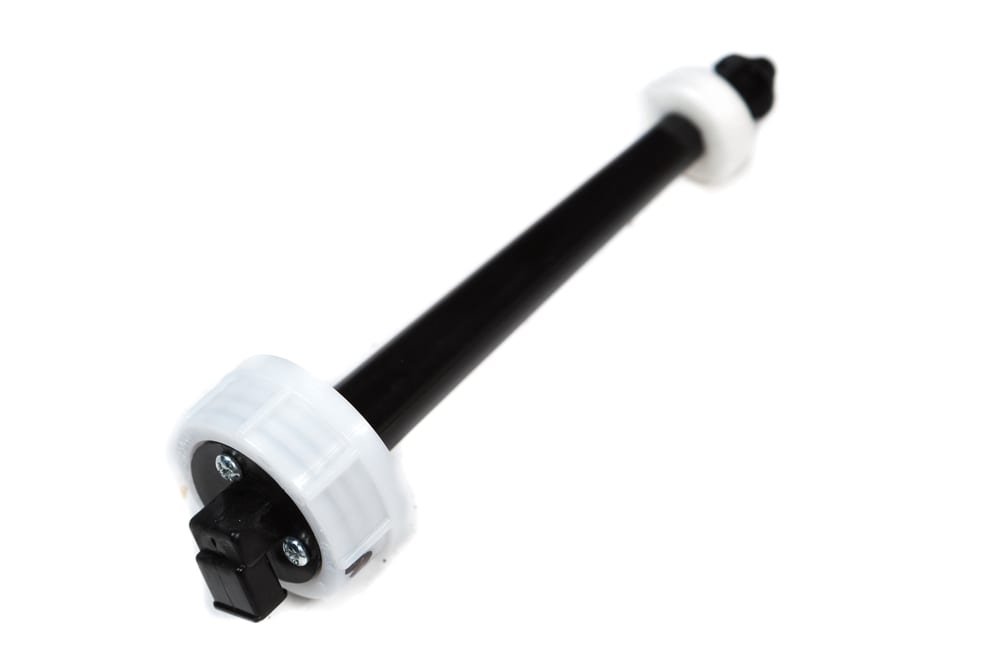

The coolant temperature sensor, also known as the coolant temperature switch, is an engine management system sensor that is used to monitor the temperature of the engine’s coolant. Most coolant temperature sensors operate using electrical resistance to measure the temperature of the coolant. This signal is then sent to the computer so that changes can be made to the engine’s timing and fuel calculations for optimal performance, as engines require more fuel when they are cold, and less fuel when they are fully warmed up. The computer will also scale back engine performance settings if it detects that the engine temperature is too high, in order to protect the engine from possible damage due to overheating.
Because temperature plays such a vital role in engine performance calculations, any problem with the coolant temperature sensor can quickly translate into an engine performance issues. Usually a problem with the coolant temperature sensor will cause a few symptoms that alert the driver of a potential problem that should be thoroughly inspected.
1. Poor fuel economy
One of the first symptoms associated with a problem with the coolant temperature sensor is poor fuel economy. If the coolant temperature sensor goes bad it can send a false signal to the computer and throw off the fuel and timing calculations. It is not uncommon for the coolant temperature sensor to fail and send a permanently cold signal to the computer. This will cause the computer to think the engine is cold, even when it is not, and as a result will use more fuel than necessary. This will reduce fuel economy, and may hinder engine performance.
2. Black smoke from engine
Another symptom of a possible problem with the coolant temperature sensor is black smoke from the vehicle’s exhaust. If the coolant temperature sensor fails and sends a cold signal to the computer, this can confuse the computer and cause it to unnecessarily enrich the fuel mixture. If the fuel mixture becomes excessively rich to the point where the fuel cannot be adequately burned in the combustion chamber, it will burn up in the exhaust pipes and cause black smoke. In severe cases, the black smoke may be considerable enough to warrant not driving the vehicle.
3. Overheating engine
Another symptom of a problem with the coolant temperature sensor is an overheating engine. The coolant temperature sensor can also fail in a manner that causes it to send a permanently hot signal. This can cause the computer to incorrectly compensate for a lean signal, which can result in overheating, and even misfires or engine ping.
4. Check Engine Light comes on
An illuminated Check Engine Light is another symptom of a potential problem with the coolant temperature sensor. For some vehicles the computer will set off a Check Engine Light if it detects a problem with the sensor’s signal or circuit. The Check Engine Light will remain on until the issue is addressed.
The coolant temperature sensor is one of the most important engine management sensors, as its reading plays a key role in calculations which affect engine performance. For this reason, if you suspect that your coolant temperature sensor is having an issue, have the vehicle inspected by a professional technician from YourMechanic. They will be able to diagnose your vehicle and determine if you need a coolant temperature switch replacement.



